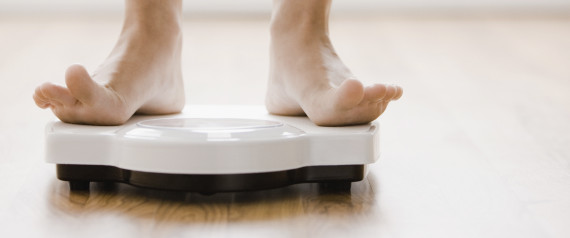Losing weight -- and keeping it off -- could help sleep apnea from getting worse and could even reverse it, a small new study suggests.
Researchers from Finland found that maintaining weight loss of as little as 5 percentis associated with improvement in obstructive sleep apnea, which is a sleep disorder characterized by pauses in breathing during sleep leading to disrupted sleep.
The findings confirm sleep apnea treatment guidelines issued last year by the American College of Physicians, which say that the very first treatment for sleep apnea among overweight people should be weight loss, and the second treatment option should be continuous positive airway pressure (CPAP).
For the new study, published in the journal Sleep Medicine, researchers followed 57 people who were obese and had mild obstructive sleep apnea. The participants were randomly assigned to one of two groups: One group underwent a year-long lifestyle intervention program, while the other group just received general diet and exercise information. The researchers specifically wanted to see how a 5 percent weight loss would potentially affect sleep apnea.
Researchers followed up with the participants four years later (after the year-long intervention program), and found that 20 were "successful" in achieving 5 percent weight loss, while 27 were "unsuccessful" in achieving 5 percent weight loss. The ones who did lose the weight had an improved apnea-hypopnea index (an indicator of sleep apnea severity, which is calculated by dividing the number of pauses of breathing by hours of sleep) compared with those who didn't lose the weight.
Plus, people who lost the weight were less likely to have their obstructive sleep apnea progress over the follow-up period than those who didn't lose the weight, researchers found.
Read more here

No comments:
Post a Comment